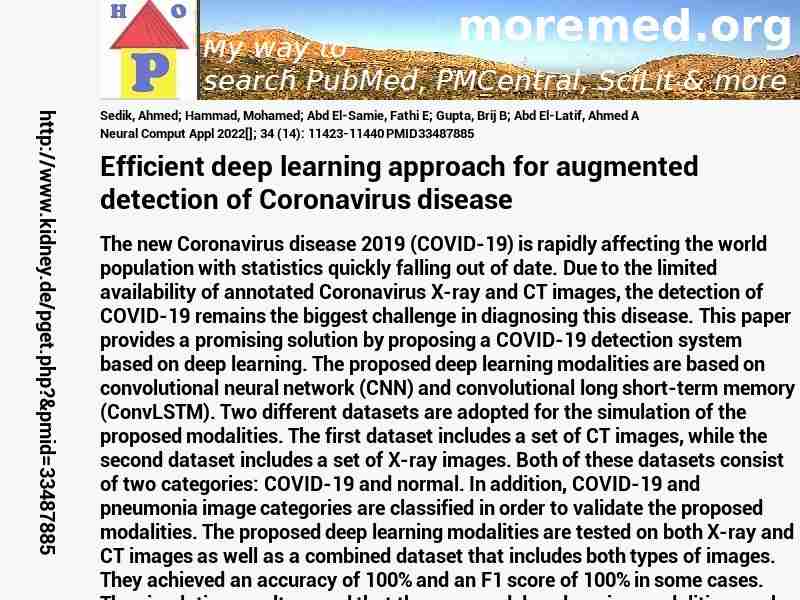10.1007/s00521-020-05410-8
http://scihub22266oqcxt.onion/10.1007/s00521-020-05410-8

33487885!7814271!33487885
 free free
 free free
 free free
|  
Deprecated: Implicit conversion from float 209.6 to int loses precision in C:\Inetpub\vhosts\kidney.de\httpdocs\pget.php on line 534
Deprecated: Implicit conversion from float 209.6 to int loses precision in C:\Inetpub\vhosts\kidney.de\httpdocs\pget.php on line 534
Deprecated: Implicit conversion from float 209.6 to int loses precision in C:\Inetpub\vhosts\kidney.de\httpdocs\pget.php on line 534
Deprecated: Implicit conversion from float 209.6 to int loses precision in C:\Inetpub\vhosts\kidney.de\httpdocs\pget.php on line 534
 Neural+Comput+Appl 2022 ; 34 (14): 11423-11440 Neural+Comput+Appl 2022 ; 34 (14): 11423-11440
Nephropedia Template TP
gab.com Text
Twit Text FOAVip
Twit Text #
English Wikipedia
|

 free
free free
free free
free